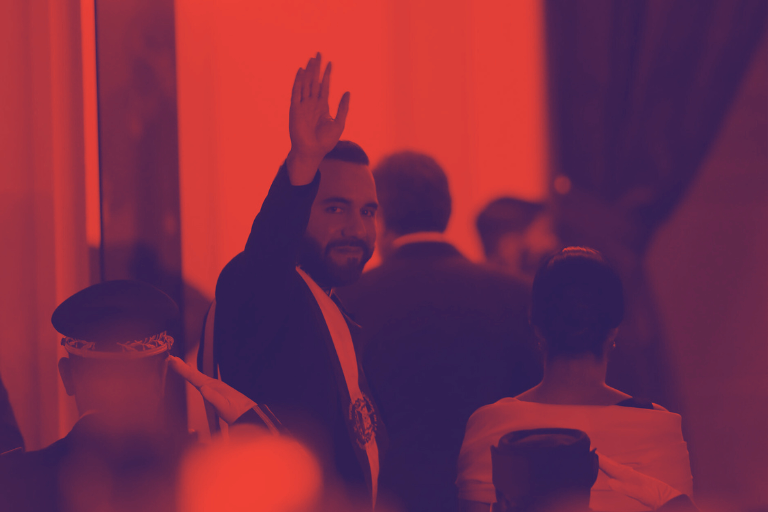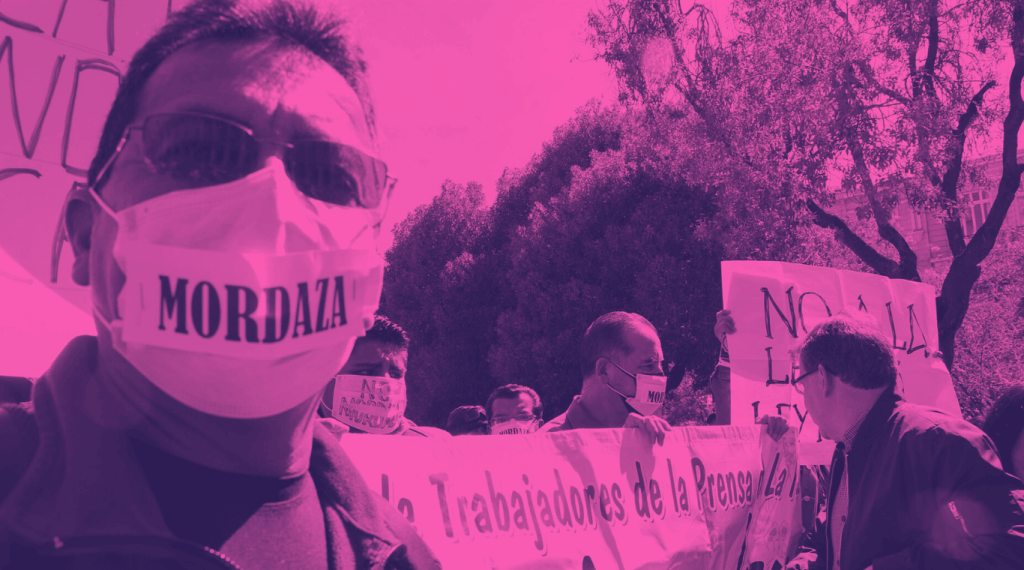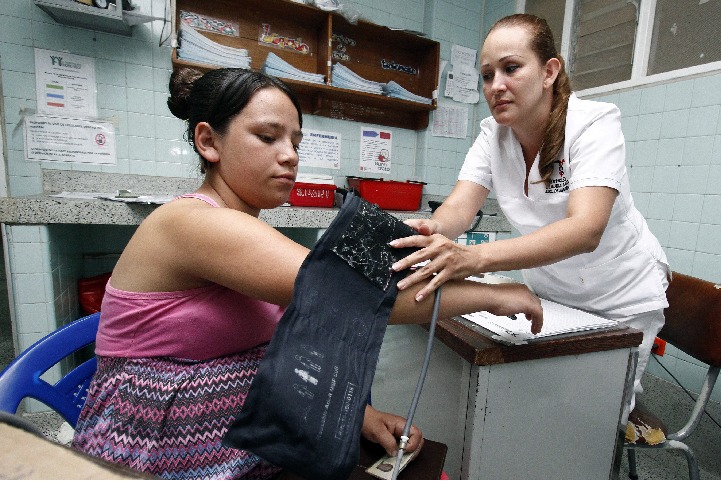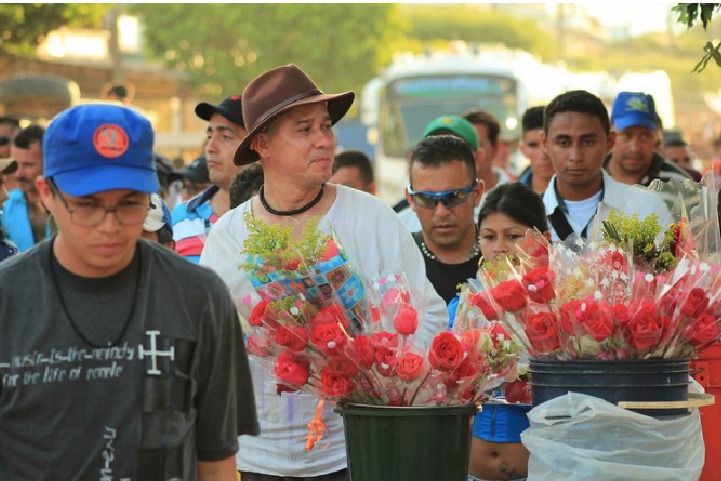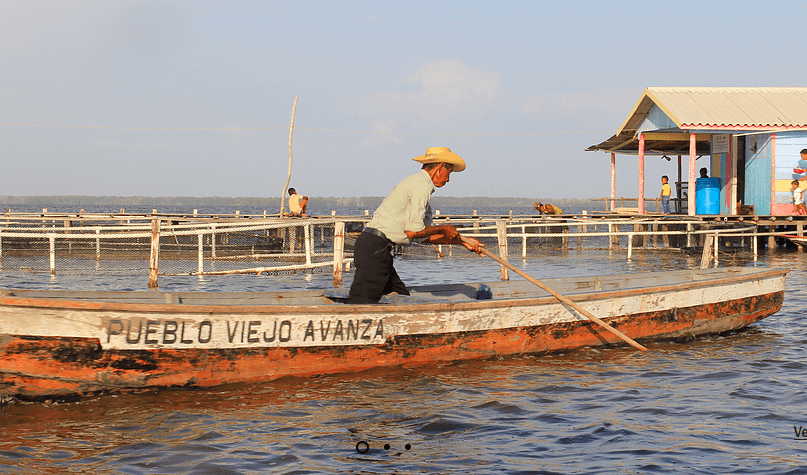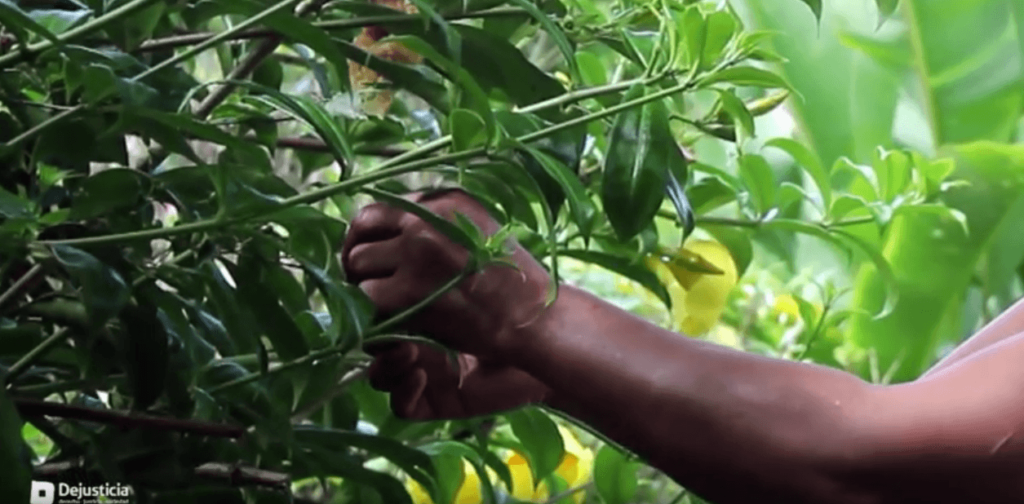News
LATEST IN COLOMBIA

News
Pintadillo con primitivo: women who preserve black tradition in Caquetá
By Dejusticia |
Caquetá is thought of as an indigenous department, but it also has a black population. Many came to work as teachers in the 1980s, when coca was such a lucrative business that few wanted to do anything else and school teaching positions remained unfilled. Today, the Ubuntu Afro-Amazonian Women’s Network Foundation, made up largely of these teachers or their daughters, seeks to resist new threats from within its tradition.
An organization that supports the Awá
By Dejusticia |
The Nariño-based organization Corporación Chacana has sought to work toward the empowerment of indigenous communities in the area, especially the Awá, an ethnic group in danger of extermination due to the violence of the armed conflict.
The fight for racial justice through data and litigation
By Dejusticia |
ILEX Acción Jurídica is an organization led by Afro-Colombian women lawyers working to realize the rights of black and Afro-Colombian populations in the country.
Anzorc: more than 20 years fighting for peasant dignity
By Adriana Abramovits |
In the complex process of creating and consolidating peasant reserve areas, the National Association of Peasant Reserve Areas (Anzorc) has played a key role. Here is a brief overview of its history. A history of tenacity and courage.
“I lost my only son, but I gained many more”: Alba Lucía Reyes
By Adriana Abramovits |
The suicide of her only son, Sergio Urrego, as a result of bullying he experienced from the administrators of the school where he studied, led Alba Lucía Reyes to create the Sergio Urrego Foundation in 2015, focused on the prevention of suicide among children and young people and on non-discrimination in schools, a fact that made her a recognized “activist mom” for the rights of children and young people.
“May the forest survive, and so may we”: the gamble taken by farmers in Caquetá
By Adriana Abramovits |
The farmers of the Caquetá foothills dream of turning their territory into the second largest Peasant Reserve Zone in the country. This would help them protect their mountains from extractivism and obtain the land that has been denied them.
I don’t care if they call me a dictator.
By Dejusticia |
During his six years in office, Bukele has consolidated his power, paving the way to become the dictator he appears to be announcing himself as.
NGOs at risk of global extinction
By Dejusticia |
How can non-governmental organizations transform themselves? What were they like when they did not depend on international funding?
Colombia: going back to the original balance of justice
By Paola Molano Ayala |
There is a crucial aspect of Colombia’s transitional justice model that is worrying: the current inability of the Special Jurisdiction for Peace (JEP) to offer legal security to those who participated in the conflict, including in human rights violations, and have not been identified as among the most responsible. And making sure they also contribute to the satisfaction of the rights of the victims. The JEP must avoid keep moving towards maximalist approaches and go back to the balance in the Peace Agreement.
Elementa DD.HH. y Dejusticia presentamos un amicus en el proceso que adelanta el Asocazul y Cajar por afectaciones derivadas de aspersiones con glifosato
By Dejusticia |
El glifosato causó daños irreversibles a los campesinos del sur de Bolívar y el Estado debe repararlos. Así lo argumentamos en una intervención ante el Consejo de Estado.
Colombia must obtain resources to guarantee the right to health of Venezuelan migrants: Constitutional Court
By Santiago Ardila Sierra |
The high court protected the right to health of two undocumented Venezuelans and requested the government to advance as “expeditiously and effectively as possible” towards the full realization of migrants’ right to health, regardless of their immigration status. Dejusticia intervened in the case.
Dejusticia intervenes in defense of Venezuelan migrants’ right to health
By Dejusticia |
The Constitutional Court invited Dejusticia to present their legal opinion on two cases concerning the right to health of people coming from Venezuela.
The long wait of the JEP ahead of the decisions of the Constitutional Court and Congress
By Dejusticia |
In the last six months civil society organizations, such as Dejusticia, have called on both institutions to give free rein to the norms that consolidate the Special Jurisdiction for Peace.
Case of indigenous people of Bojayá who could not vote in the plebiscite is about to reach the Court
By Mauricio Albarracín |
Through a tutela, a group of Emberá claimed their rights to political participation and equality, because their economic situation and how far they live made it impossible for them to move to endorse the Peace Agreement. Dejusticia, human rights organizations, and indigenous leaders asked the High Court to review the case.
The Constitutional Court has the last word to save the Ciénaga Grande of Santa Marta
By César Rodríguez Garavito |
The environmental crisis of this ecosystem led fishermen to pursue a legal battle that reached the High Court. In this intervention, we support their demand that environmental authorities take urgent measures to stop the disaster and thus, protect their rights to healthy environment, dignified life and work.
Gender focus in rural reform is important but insufficient
By Ana Jimena Bautista |
The Gender-in-Peace Working Group -GPAZ, a group of which Dejusticia is a member, took part in the Public Hearing convened by the Constitutional Court, within the framework of the informal constitutional review of Decree 902 of 2017 “to facilitate the implementation of the Comprehensive Rural Reform contemplated in the Final Land Agreement, specifically the procedure for access and formalization and the Land Fund.”
Stories
From The Territory
We travel with 20 indigenous activists of the world to the heart of the Sierra Nevada de Santa Marta. Listen to this story about the Kankuama Resistance.
Dejusticia's
Documentaries
Discover some of the documentary pieces that we have made. Indigenous resistance, migration of Venezuelans to Colombia and stories of women coca growers, are some of our topics of interest.






